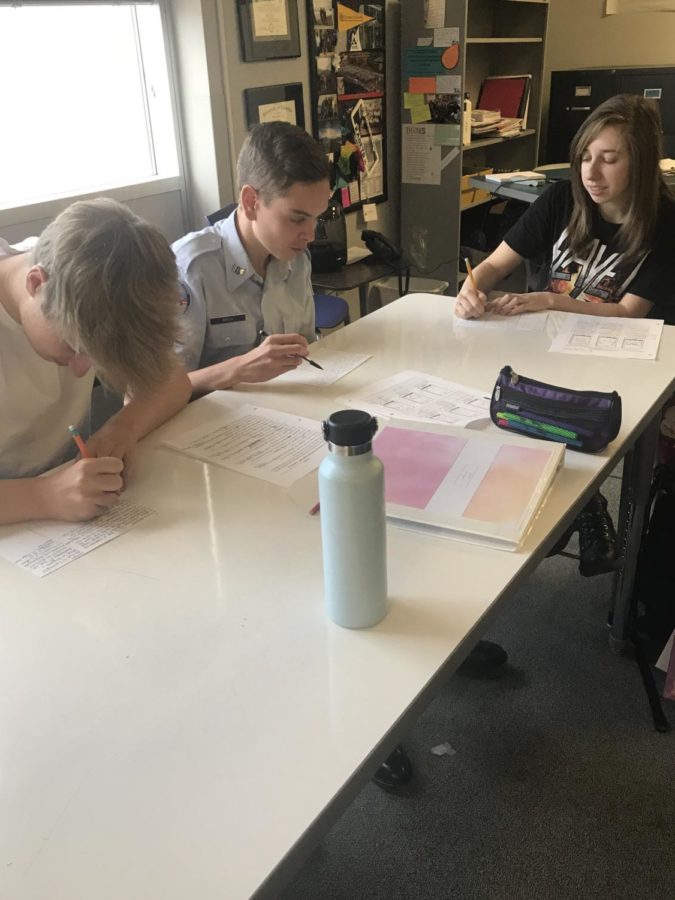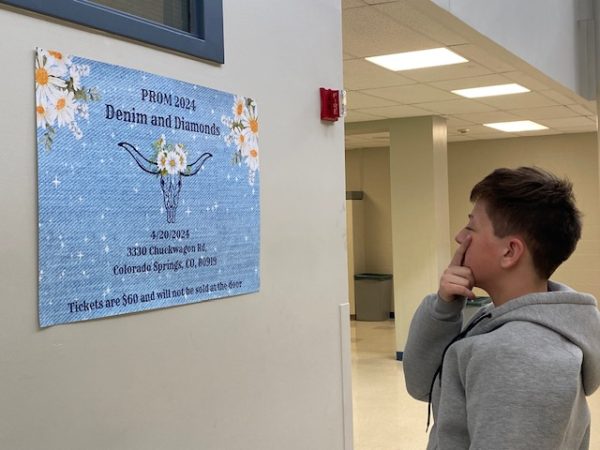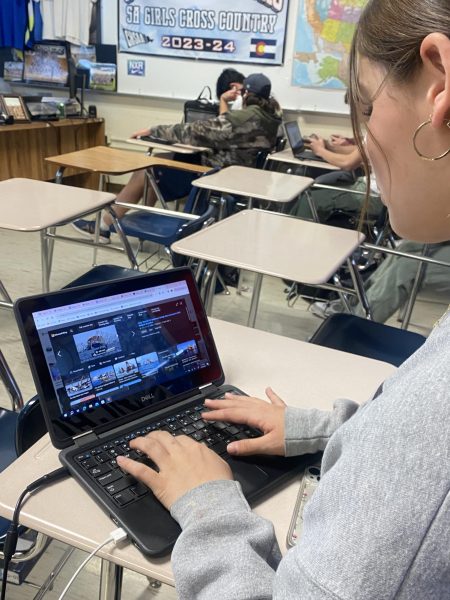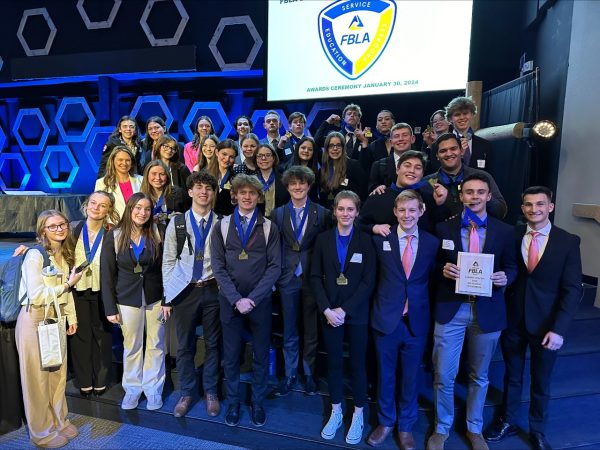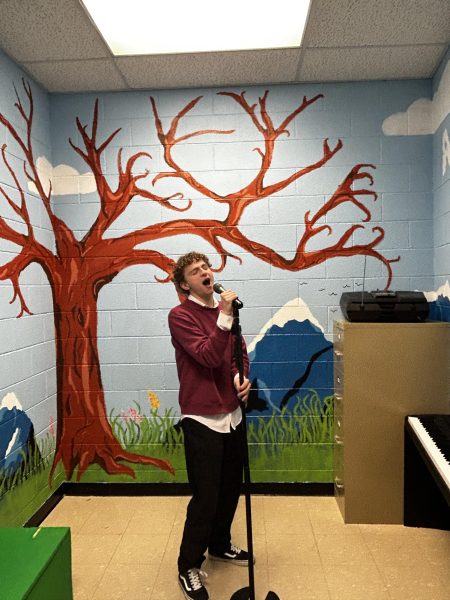Are Foreign Language Classes at AAHS Doing Enough?
The United States education system has placed a particular emphasis on foreign language in recent years, and Air Academy High School is no exception. Our foreign language class choices consist of Spanish, German, American Sign Language (ASL), French, and Russian.
However, with the departure and subsequent arrival of several foreign language teachers, students are raising questions regarding the value and long-term importance of foreign language classes at Air Academy High School.
I believe that foreign language in our current high school habitat should be restructured to more closely model our literature classes, rather than taking on the approach of a less structured arts class. For example, in virtually every literature class here at Air Academy, a rigid schedule is set from day one. This includes vocab quizzes, reading, and discussion, allowing students to establish a rhythm and sense of how the class functions. From my observations, our foreign language classes do not follow this routine and rhythm to the extent of Literature classes, with a weekly schedule often being changed week to week.
Notably, though, opinions vary across the Air Academy student community.
Sophomore Angel Jimenez noted, “I think foreign language as a whole is important and necessary.” Jimenez is currently taking Spanish 4, but doesn’t plan to pursue a career or college degree relating to Spanish.
It is clear that foreign language classes are often credited with numerous academic and career-related benefits, and I believe that foreign language classes should remain an integral part of the American school system. However, I don’t believe that Air Academy’s foreign language program sufficiently prepares its students for degrees or careers in foreign language.
The American Council on the Teaching of Foreign Languages mentions a statistic on a conducted survey that “nine out of 10 U.S. employers report a reliance on U.S.-based employees with language skills other than English.”
Principal Dan Olson gave his opinion on foreign language, saying, “For me, foreign language prepares students to be competitive. When you look at the current economy, jobs in the future, globalization, trade between nations, and communications outside of our community, having one or more languages that you’re fluent in is a huge asset to our students.”
This further contributes to my central point of keeping foreign language relevant at Air Academy, although from my observations, our foreign language department can be described as unorganized and seemingly ineffective.
This raises the question: “Should more foreign language credits be required to graduate?”
“Well, that depends,” Olson said. “We don’t want to put students in one box [and] we want our students to be able to explore all areas of our curricular offerings. I think we have a good balance right now of required classes vs encouraging students depending on their career path.”
However, Spanish teacher and Language Department Head here at Air Academy Kendall Orr has new ideas to improve foreign language at Air Academy.
These ideas include reducing class sizes, increasing interaction with native language speakers, and even purchasing Virtual Reality goggles to allow students to be fully immersed in a foreign language setting.
Orr also believes that foreign language is making strides to immerse and structure foreign language courses to better suit students.
I don’t believe that our foreign language classes are inadequate. Air Academy High School has placed a large focus on encouraging foreign language classes and has greatly improved curriculum and teaching in foreign language classes, and I am not debating the argument that foreign language is an integral part of the modern workforce climate.
It’s with these sources and opinions from administrators and students alike that I leave the question to our readers: “Does foreign language at Air Academy adequately prepare students for the outside world?”

Hey everyone, my name is Sam and this is my second year working on the Jetstream and my first as an Editor. To be honest, I'm still wondering why Ms. Anderson...



